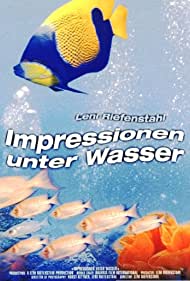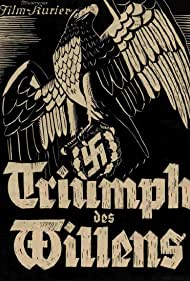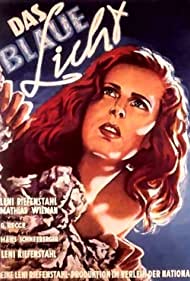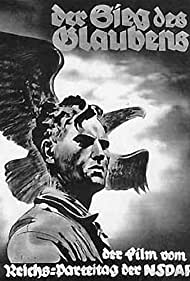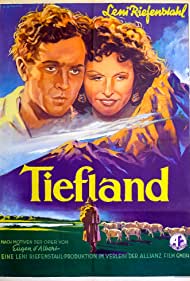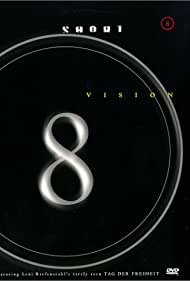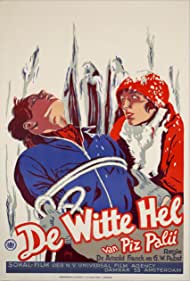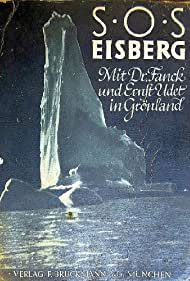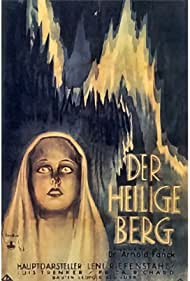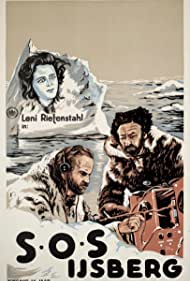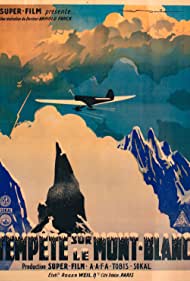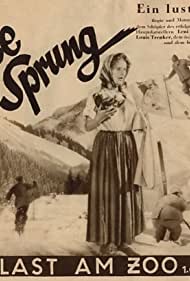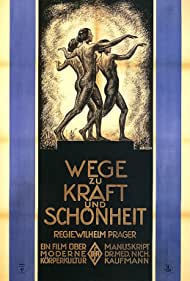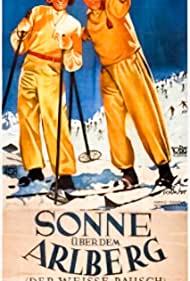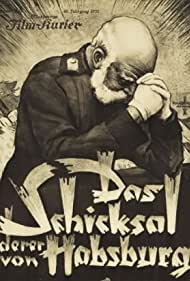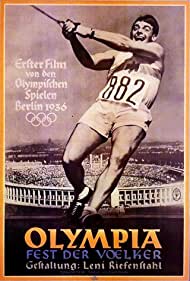
The first part of the two-part series directed on the Summer Olympics held in Germany in 1936 covering some of the iconic games and wins in history.
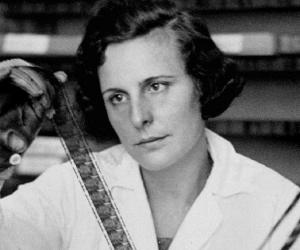
Leni Riefenstahl, known for directing the Nazi propaganda films, started her entertainment career with dance performances. Her first film appearance was as a dancer in the German silent cultural film ‘Ways to Strength and Beauty’ (1925).
As Riefenstahl got interested in films and film-making, she approached director Arnold Fanck, well-known for his ‘mountain films’ and made her acting debut in Fanck’s mountain film ‘The Holy Mountain’ (1926).
Riefenstahl further starred in Fanck’s silent comedy film ‘The Great Leap’ (1927) and director Rolf Raffe’s silent drama film ‘The Fate of the House of Habsburg’ (1928), followed by the silent mountain film ‘The White Hell of Pitz Palu’ (1929), co-directed by Fanck and G.W. Pabst, which brought her recognition as actress. Next she starred in two more mountain films by Fanck: ‘Storm Over Mont Blanc’ (1930) and ‘The White Ecstasy’ (1931).
After learning the filmmaking technique while working with Arnold Fanck, Riefenstahl produced, directed and starred in the black and white German film ‘The Blue Light’ (1932) earning a 'Silver Medal' at ‘the Venice Film Festival.’
Riefenstahl next starred in the US-German bi-lingual production ‘SOS Eisberg’ (German), directed by Fanck, and the English language ‘S.O.S. Iceberg,’ directed by Tay Garnett (both 1933). This was the only English language film she appeared in.
A fruitful meeting with German Nazi Leader Adolf Hitler led to an opportunity to direct a propaganda film about the 5th Nuremberg Rally. In 1933, Riefenstahl directed her first Nazi propaganda film ‘The Victory of Faith’ which was of great historical importance. In 1934, she directed her next propaganda film, ‘Triumph of the Will,’ which was about the 1934 'Nuremberg Rally.' It is considered as the greatest propaganda film and fetched international fame for Riefenstahl.
Thereafter, she directed the third documentary film, ‘Day of Freedom: Our Armed Forces’ (1935), which covered the 1935 'Nuremberg Rally' and focused mainly on German Army. Her next, German sports film ‘Olympia’ (1938) was about the ‘1936 Berlin Summer Olympics’ and is still held in high esteem for its technical excellence.
During 1940-1944, Riefenstahl directed, produced and starred in film version of Eugen d’Albert’s popular opera ‘Tiefland,’ but it was released in 1954. (Reportedly she used Romani people from concentration camps as extras, who were later sent to death camp).
Later Riefenstahl made a documentary about the African tribe Nuba, ‘Alone Among the Nuba’ (1965), but was not released. Her final directorial venture was documentary film ‘Impressions Under Water’ (2002).

The first part of the two-part series directed on the Summer Olympics held in Germany in 1936 covering some of the iconic games and wins in history.

